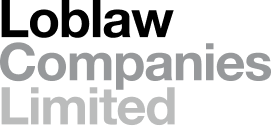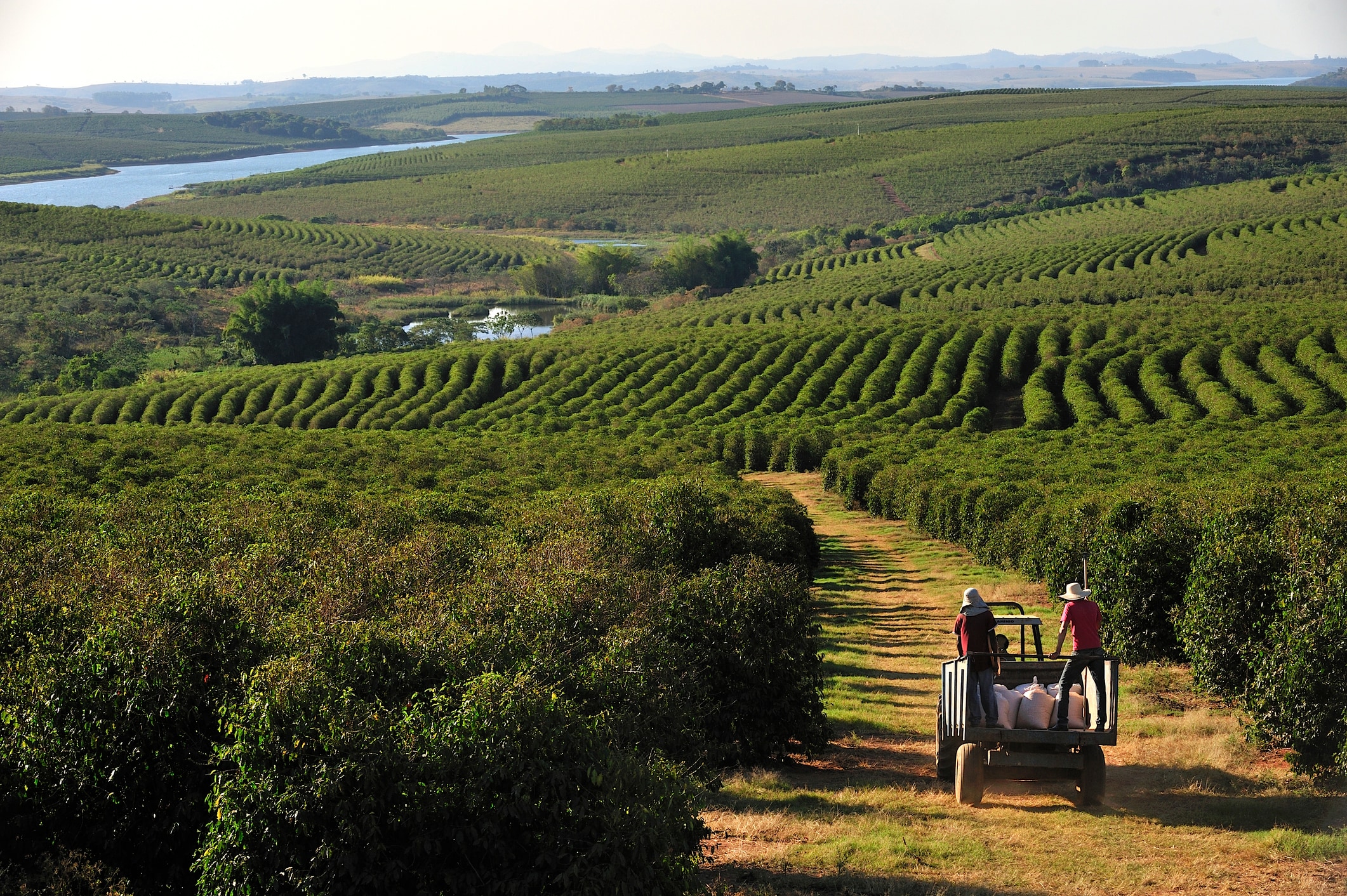Support for The Accord
In 2013, we were a founding member of the Accord on Building and Fire Safety in Bangladesh (“The Accord”).
In 2023, we renewed our support for The Accord, by signing the International Accord for Health and Safety in the Textile and Garment Industry (“The International Accord”), which includes the following key features:
A commitment to focus on the health and safety program in Bangladesh, and on building a credible industry-wide compliance and accountability mechanism.
A commitment to expand the work of The International Accord based on feasibility studies of other markets.
An option to expand the scope of the agreement to address human rights due diligence.
An optional streamlined arbitration process to enforce terms of The Accord.
Sustainable sourcing
Seafood
For over a decade, we have been focused on increasing the availability of certified responsible and sustainable seafood across Canada because it is important to our customers, the environment and our business. We want to ensure the seafood we enjoy today will be available for generations to come. According to the Marine Stewardship Council (“MSC”) sustainable fishing helps maintain healthy and diverse ocean ecosystems and minimizes impacts on endangered, threatened, and protected species¹. Loblaw is committed to sourcing seafood from sustainable sources. This commitment cuts across our business² and includes our control brands and national brands, in our canned, frozen and fresh wild and farmed seafood categories.
¹https://www.msc.org/en-us/what-we-are-doing/our-approach/what-is-sustainable-fishing
²Excluding T&T®.
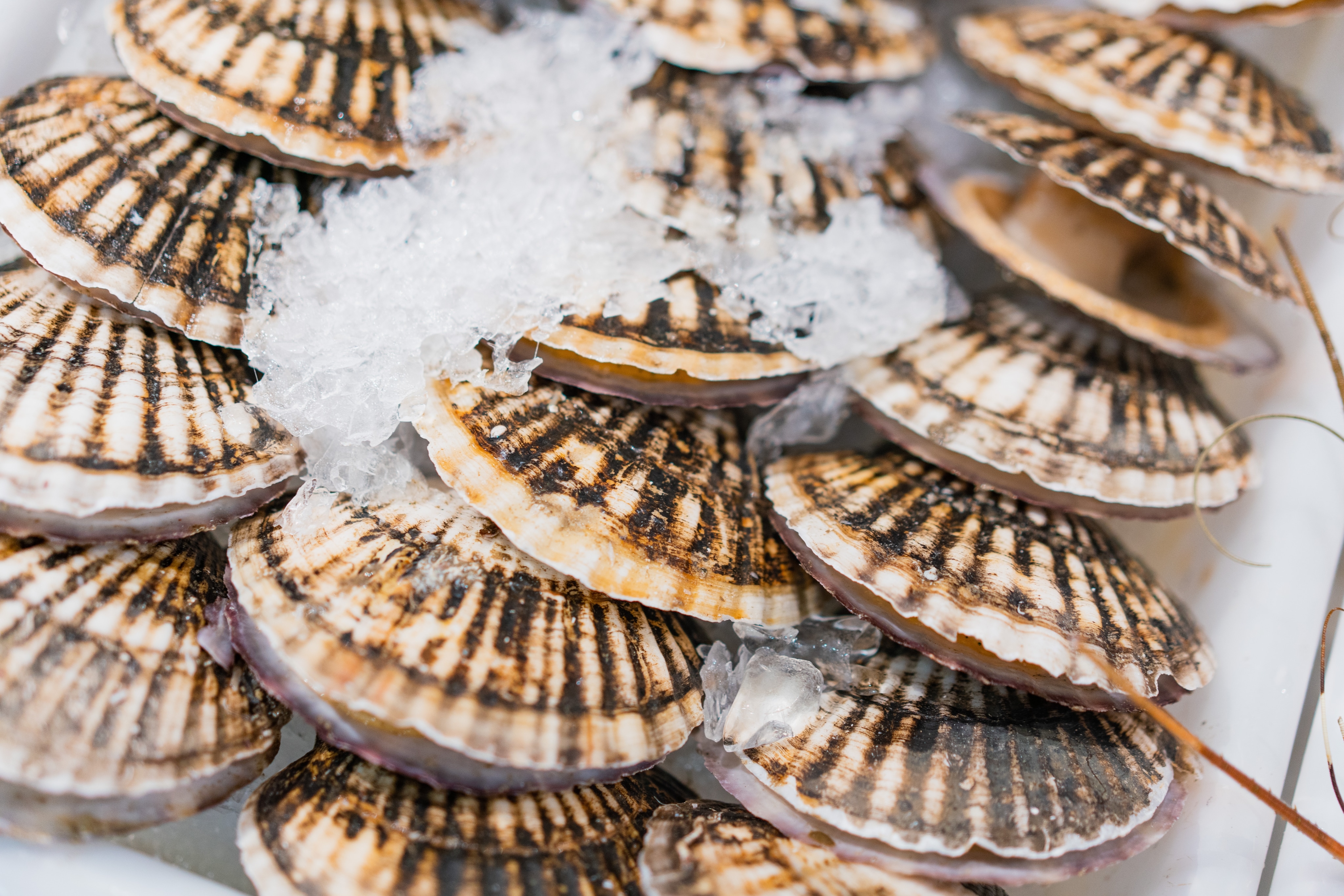
Palm oil
Since 2015, all Loblaw control brand products containing palm oil ingredients align with one of the Roundtable on Sustainable Palm Oil (RSPO)’s four supply chain methods: Identity Preserved, Segregated, Mass Balance, or Book and Claim.
Coffee, tea and cocoa
Sourcing Rainforest Alliance certified cocoa addresses concerns like aging tree stocks, improper use of chemicals, uncontrolled deforestation, labour conditions and low farmer incomes. By sourcing Fairtrade Certified ingredients, we support fairness for workers and farmers, while also investing in sustainable farming practices, community development projects, and social and physical infrastructure to empower the next generation of farmers.

Cotton Initiatives
We are dedicated to supporting cotton farmers in their journey to operate more sustainably. Joe Fresh® is committed to converting 100% of its cotton-rich products to more sustainable cotton by 2025.
Joe Fresh® is committed to improving cotton farming practices globally with Better Cotton. Better Cotton’s mission is to help cotton communities survive and thrive, while protecting and restoring the environment. We have set a goal to source 35% of Joe Fresh product in a more sustainable cotton by 2025.
This includes converting such products to either Global Organic Textile Standard (“GOTS”) certified organic cotton or to Better Cotton. In 2021, we became a member of Better Cotton, which has a clear mission: “Help cotton communities survive and thrive, while protecting and restoring the environment.” We are pleased to report that in 2024 we increased our Better Cotton sourcing from 84% to 96% in cotton rich products¹. Additionally, we sourced 3% of our cotton as GOTS certified organic for cotton rich products².
¹Cotton-rich products are defined as those where the majority of the fibres are cotton.
²2024 responsible cotton calculation scope includes all directly manufactured products and select non-direct products.
Responsible Wool
In 2024, Joe Fresh® began to introduce The Responsible Wool Standard (“RWS”) yarns into our assortment. The RWS is a voluntary standard that requires all sites, from wool farms to the seller in the final business-to-business transaction, to be certified as responsibly sourced. RWS farmers and ranchers are evaluated against animal welfare, land management, and social requirements set in the standard. In 2024, we had more than 17,000 units of apparel and accessories that were produced using more than 7 metric tonnes¹ of RWS yarns.
¹A multiplier is used to calculate metric tonnes of material used to manufacture a product in order to account for losses during the apparel manufacturing value chain.
Certified Recycled Polyester
Joe Fresh® uses polyester certified by the Global Recycled Standard (“GRS”), recognized as the leading standard for recycled materials worldwide, and is made from post consumer recycled plastic. In 2024, we had more than 1.6 million units of apparel and accessories that were produced using more than 400 metric tonnes of recycled polyester¹. These products have at a minimum 20% GRS polyester.
¹A multiplier is used to calculate metric tonnes of material used to manufacture a product in order to account for losses during the apparel manufacturing value chain.
Responsible Viscose
In 2023, Joe Fresh® introduced responsible viscose products containing certified manmade cellulosic fibers (MMCFs) such as LENZINGTM ECOVEROTM Viscose, LENZINGTM TENCELTM Modal, or LENZINGTM TENCELTM Lyocell. Responsible viscose is derived from wood sources that are FSC® (Forest Stewardship Council) or PEFCTM (Programme for the Endorsement of Forest Certification) certified or are not known to be sourced from Ancient Endangered forests based on audits and other information. In 2024, we had more than 151,000 units of apparel and accessories that were produced using more than 34 metric tonnes of responsible viscose¹.
¹A multiplier is used to calculate metric tonnes of material used to manufacture a product in order to account for losses during the apparel manufacturing value chain.

Beef
We are committed to environmental, social and economic sustainability in the Canadian beef industry. The Canadian Roundtable for Sustainable Beef (“CRSB”) is committed to safeguarding wetland and grassland habitats, which are Canada’s most biodiverse habitats. Our support of organizations like CRSB and Ontario Corn Fed BeefTM provides a positive signal to farmers and ranchers that we value their responsible, climate protecting practices, and their role in climate-positive actions.
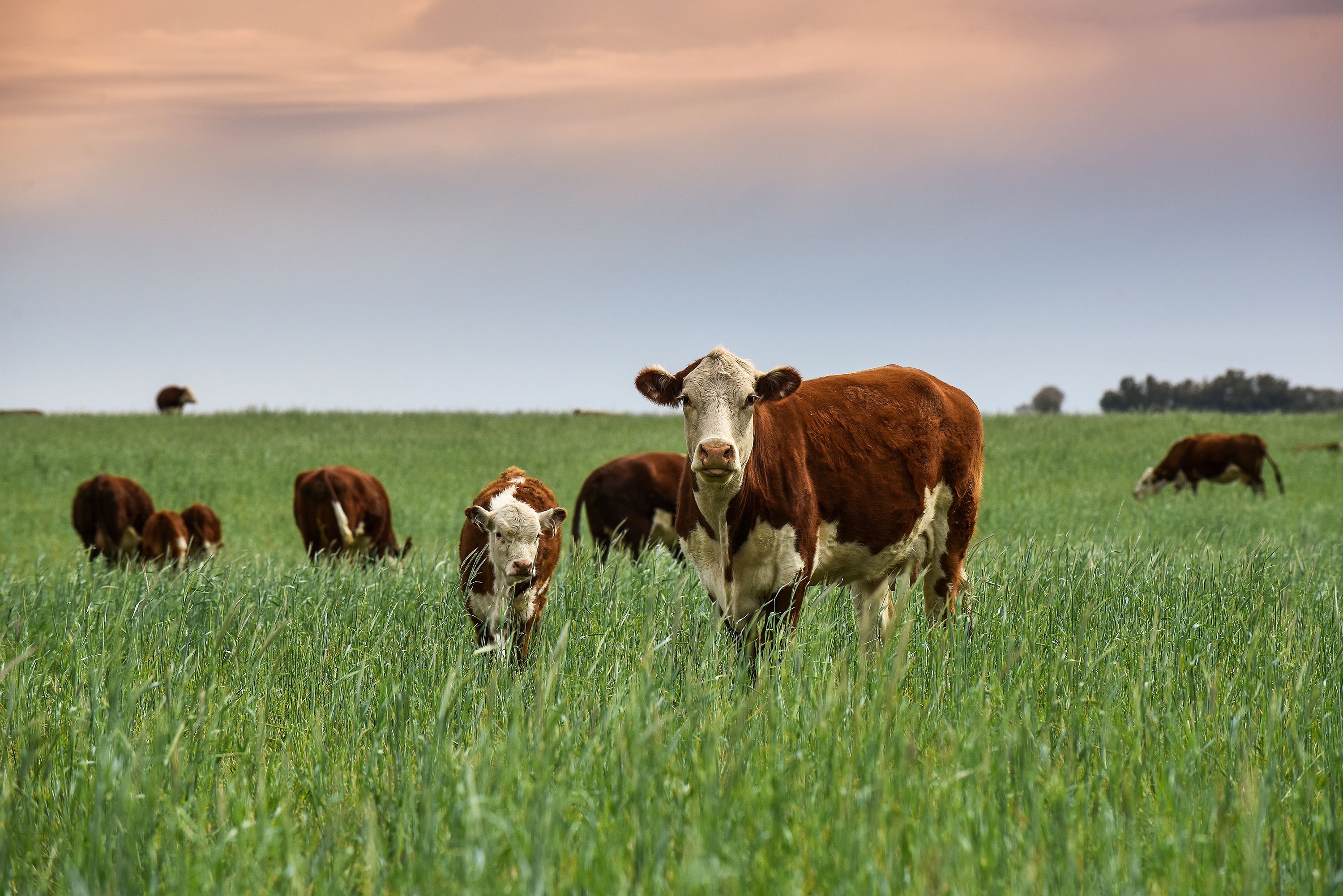
PC® Plant Based
In 2024, we continued to meet the needs of our customers who are looking to reduce consumption of animal-based products by offering more than 60 PC® Plant Based products. Our PC® Plant Based products are third-party certified vegan and contain no animal by-products.
PC® Planet FirstTM
To meet the needs of our customers, in 2024 we expanded the PC® Planet FirstTM product lineup to include more than 30 products. Our PC® Planet FirstTM Soft & Thick Double Roll Bath Tissue is made with 100% recycled paper, which reduces the use of virgin material. Our PC® Planet FirstTM Birch Forks are made from birchwood from sustainably managed forests³.
³Forest Stewardship Council (FSC® C159214).
PC® Organics Products
We have heard from many of our customers that they want products made with a reduced environmental impact and without any synthetic pesticides, fertilizers or genetically modified organisms (“GMOs”). In 2024, the PC® Organics product lineup included more than 580 are third-party certified and meet organic standards, which emphasizes sustainability and a holistic approach to agriculture.
Simple CheckTM
Eating quality food should not cost more, that is why our no name® Simple CheckTM products are formulated based on our commitment to remove specific ingredients from our products. As at the end of 2024, the no name® Simple CheckTM product portfolio included more than 950 products. The Simple CheckTM symbol identifies no name® products made without these 10 ingredients:
synthetic colours¹
artificial flavours,
monosodium glutamate²
butylated hydroxyanisole (“BHA”)/butylated hydroxytolulene (“BHT”)/tert-butylhydroquinone (“TBHQ”),
hydrogenated oils,
artificial sweeteners,
sugar alcohols,
azodicarbonamide,
polydextrose,
brominated vegetable oil.
¹As defined in Canadian Regulations.
²Except those naturally occuring.
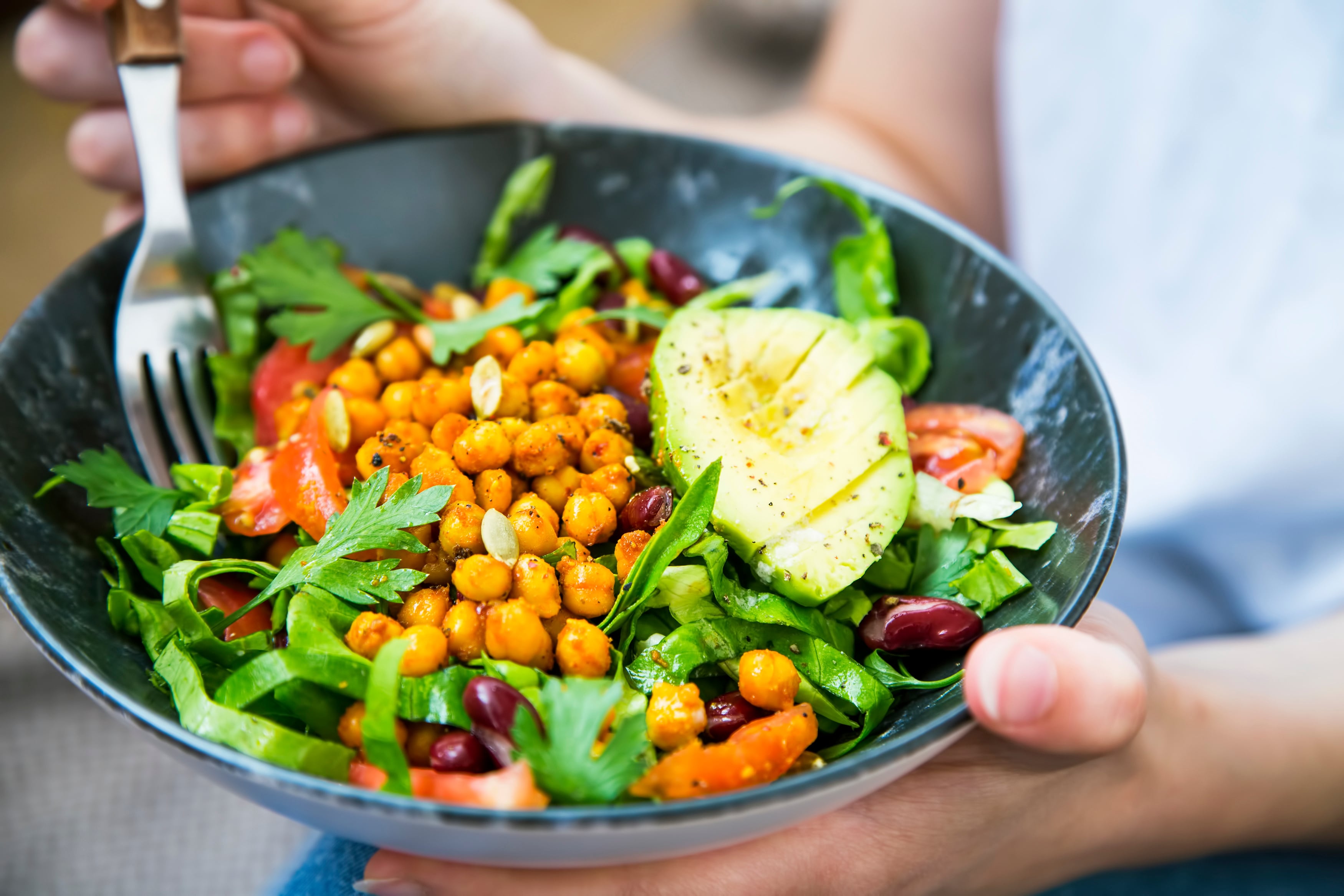
Local sourcing
We take great pride in offering an expansive array of fresh fruits and vegetables, and in 2024 we purchased over $1 billion in produce from Canadian owned and/or operated businesses. However, we want to do more to ensure that when possible, the produce that our customers enjoy is grown on Canadian soil.
We understand the benefits that are realized when we buy from close to home. When we purchase locally grown produce, we are delivering on a number of important benefits including fresher products, lower carbon emissions, meeting customer needs and ensuring our investments are placed with local businesses.

Animal welfare
We are one of Canada’s largest buyers and sellers of meat, poultry, chicken eggs and dairy products. Our customers expect their food to be safe, high quality, and produced responsibly and humanely. Customer expectations – combined with the input of industry associations, sector best practices, supplier guidance, and scientific advisors – are reflected in our Supplier Code of Conduct(Open in a new tab) and our Animal Welfare Principles. For more details, please read our Animal Welfare Statement.(Open in a new tab)
Cage free eggs
Cage-free Chicken Eggs
In 2016, we pledged to source all shelled chicken eggs from free-run¹ systems by 2025. We have made strides towards this goal: our PC® shell chicken eggs are 100% free-run and our PC® Organic chicken eggs are free-range². However, in 2021 we realized that the 2025 timeline was unattainable as suppliers are not in a position to ramp-up supply within this timeframe. Despite this setback, we remain committed to improving the welfare of laying hens while ensuring egg availability and affordability for our customers. In 2023, we set several short-term goals to improve customer awareness of chicken egg housing systems, and we are pleased to report that in addition to ensuring all of our corporate grocery retail stores have free-run options for consumers³, we completed the following in 2024:
Increased transparency by reporting on free-run chicken egg sales for our national and control brand chicken egg portfolio for our grocery retail stores;
Provided added profile to free-run options for our e-commerce business;
Transitioned 100% of chicken eggs used in our corporate grocery retail in-store; prepared sandwiches and meals, to free-run chicken eggs³; and
Piloted on-shelf signage in stores, to educate customers on the systems used to produce the chicken eggs they purchased.
¹Free-run – shell eggs laid by hens in a free-run housing system. In this system, hens have access to the entire barn floor, but do not go outside. The hens can scratch, dust bathe, walk freely and lay their eggs in nestingboxes
²Free-range - shell eggs laid by hens in a free-range housing system. In this system, hens have access to the entire barn floor and it gives them the opportunity to roam outside when weather permits. The hens can scratch, dust bathe, walk freely and lay their eggs in nesting boxes.
³Subject to available supply.
Gestation stall-free Sows
We are committed to sourcing from farms that use 100% group-housing systems for gestating sows as soon as practically possible. Animal welfare experts agree that housing sows in gestations stalls for the duration of pregnancy may result in negative health impacts including decreased muscle mass, lower bone strength, and reduced physical fitness¹. We are pleased to report that by the end of 2024, we had converted 75% of fresh PC® Free From® pork to group housing for gestating sows.
Banned Fibres
Joe Fresh® is committed to sourcing more responsible and ethical materials, we have implemented a ban on the inclusion of fur, mohair (from Angora goats), and angora (from Angora rabbits), and shearling in all our products. Furthermore, we pledge to accurately label any synthetic materials that may resemble animal by-products.
Vegan Certified Beauty Products
100% of our Quo Beauty® brand products are certified vegan and animal test free. People for the Ethical Treatment of Animals (“PETA”) have certified that none of our products are manufactured with animal by-products.
